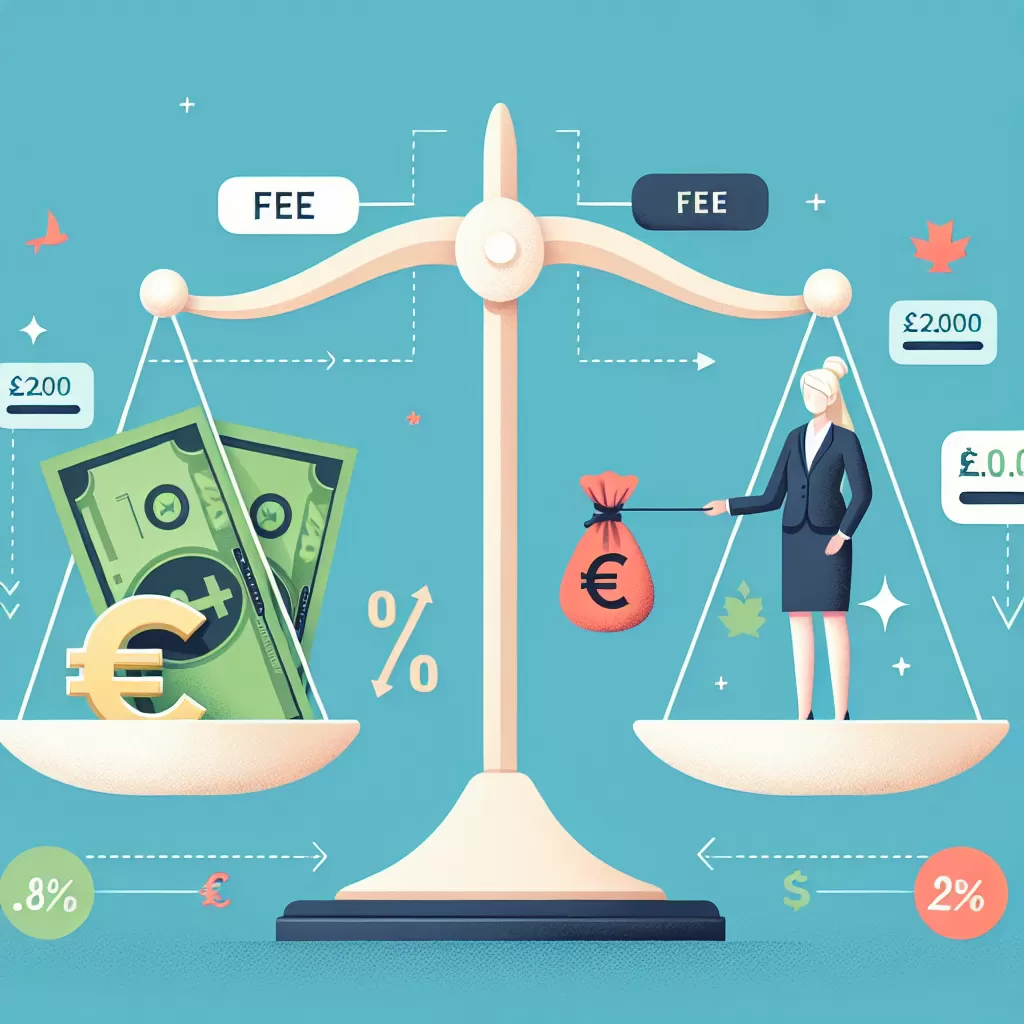What Is Currency Exchange Fee
Follow Currency Mart April 10, 2024
Where to purchase Foreign Currencies?

Introduction
Currency exchange fees play a vital role in the world of international finance. They're ubiquitous in transactions involving different currencies, both online and offline. Understanding these fees is essential for businesses operating internationally, individuals traveling abroad, or anyone making purchases in foreign currencies.Understanding Currency Exchange Fees
Currency exchange fee refers to the cost of converting one form of currency into another. When you travel internationally or conduct a transaction that involves a change in currency, the service provider conducting the exchange typically charges a fee for their services. The fees could appear as explicitly mentioned charges or be hidden within the exchange rate, either way materially impacting the value you receive at the end of the transaction.The Rationale Behind Currency Exchange Fees
You may wonder why such fees exist in the first place. The answer lies in the fact that currency exchange providers offer a service. They take the risk and effort to maintain a balance of different global currencies to facilitate smooth transactions. The fees serve as their source of income for providing this vital service, allowing them to manage operational costs and make a profit.Types of Currency Exchange Fees
There are several types of currency exchange fees, with each varying based on circumstances and service providers:Spread Fees
A spread fee is a difference between the market value of a currency and the rate at which it is sold or bought by the exchange provider. The provider keeps this difference as their fee.Fixed Transaction Fees
This is a set fee the currency exchange provider charges for each transaction, regardless of the amount being exchanged.Percentage-based Fees
In this case, the fee is a percentage of the total transaction volume. For large amounts, this fee can be quite substantial.ATM fees
When you withdraw money from an ATM in a different currency, you may also be charged a fee by both your bank and the ATM provider.Minimizing or Avoiding Currency Exchange Fees
There are a few ways to minimize or largely avoid currency exchange fees. Use Credit Cards When Traveling: Some credit cards have minimal or no foreign transaction fees and offer benefits like travel insurance and reward points. Shop Around: Comparison shopping between various exchange services can help ensure you get the best possible rate for your transaction. Online platforms allow real-time comparison of exchange rates and fees. Peer-To-Peer Exchange: Several platforms allow users to exchange currency with one another directly, bypassing traditional exchange services and their fees.Conclusion
Currency exchange fees can significantly impact the value you get from a currency exchange transaction. Understanding these fees is crucial to navigate the financial world efficiently. Whether you're traveling, shopping online, or just need to send money abroad, being aware of these fees can help ensure you're getting the best value from your transactions. Remember that it's always essential to plan ahead and explore multiple options. The guardian of currency exchange recognizes that the most informed decisions often yield the best results.
Where to purchase Foreign Currencies?